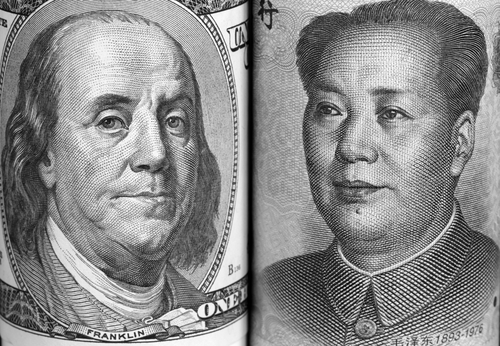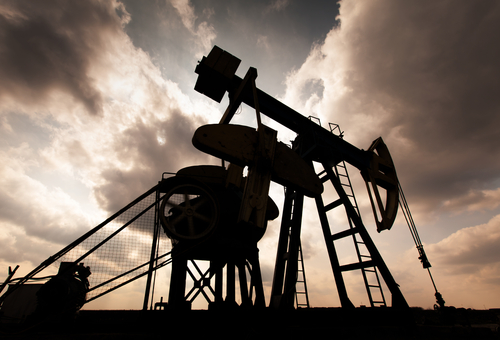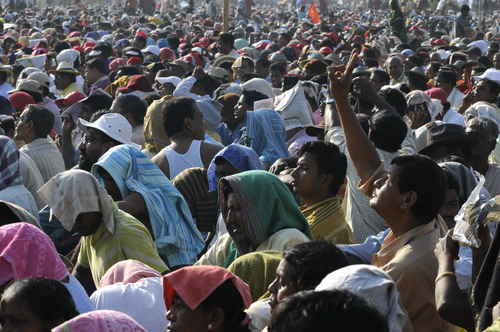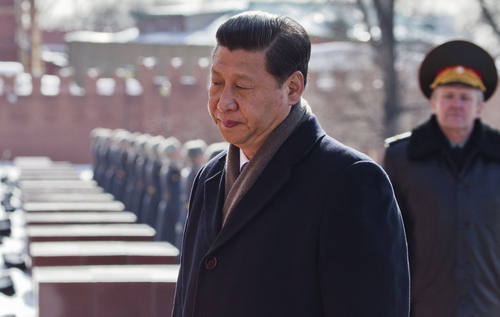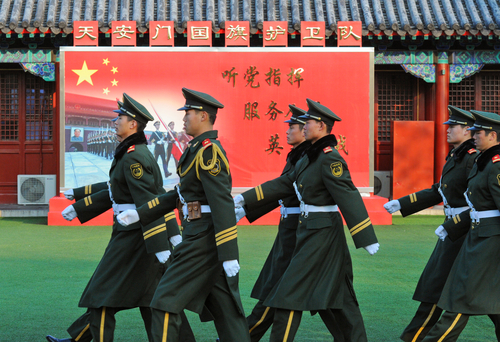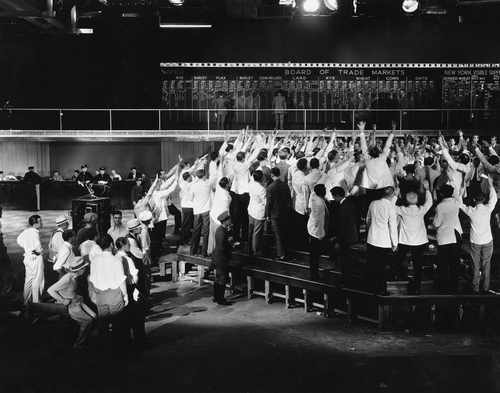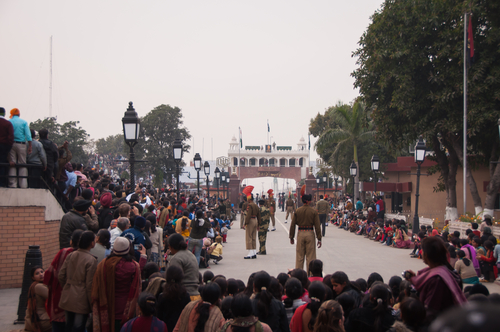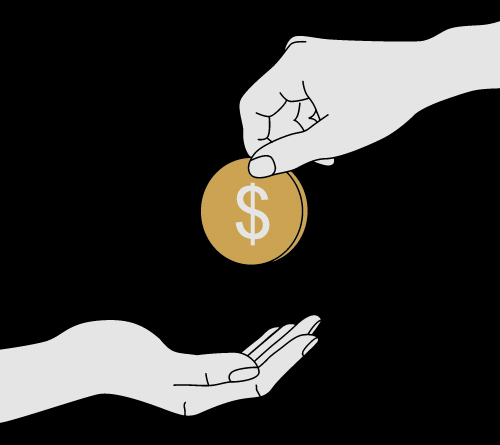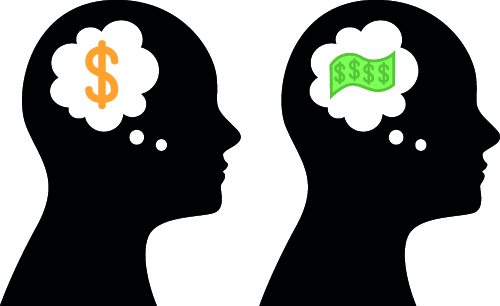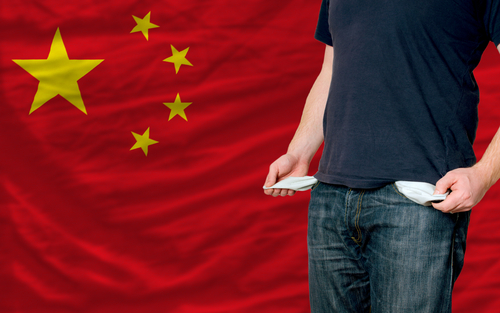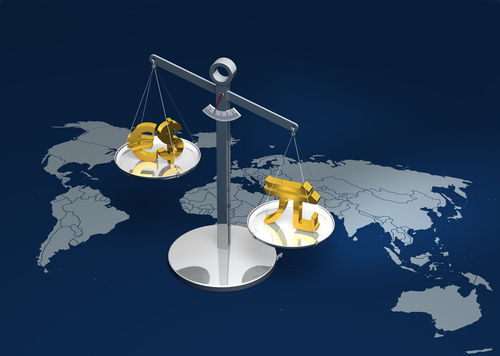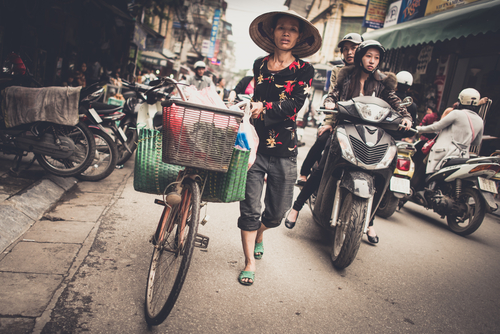China’s Grand New Strategy Is Very Much In The US Interest: Dan Steinbock
For the first time since the 1980s, Beijing is redefining China’s grand strategy. How Washington responds to these reforms has far-reaching implications in Asia, as well as across the globe. In the 1980s, Deng Xiaoping’s economic reforms and opening-up policies...
Can Islamic Banking Turn Malaysia Into A Global Financial Superpower?
Malaysia’s government has recently announced plans to turn its capital Kuala Lumpur into a major financial centre – rivalling the likes of London, New York, Singapore and Hong Kong. If Malaysia is to join the top flight of international financial...
Eastern Europe’s Shattered Shale Dreams
Shale projects in Eastern Europe are being challenged by delaying tactics of industry majors. Media coverage of shale gas development is positive; but in Lithuania and Poland, global oil & gas companies are one by one dropping bids to...
India: Will Populism Trump Reforms Yet Again?
India will need a whole host of domestic and international reforms to re-boost the economy. However in a democracy that is going into an election year, only politically friendly reforms are likely to be undertaken. Can politicians persuade their constituents...
Xi Jinping: China’s Most Important Leader Since Deng Xiaoping?
As Chinese President Xi Jinping prepares for Third Plenary Session of the 11th CPC Central Committee this weekend, he will know that his country has now reached the end of an economic super-cycle first set in motion by Deng Xiaoping...
Is The US Responsible For China’s Military Build-Up?
The scale of China’s military build-up has raised flags among Western alarmists. Yet the focus of the military spending appears to be oriented more towards defending China's periphery, rather than any expansionist plans. In fact, one common argument is...
The 3 Biggest Risks Spooking Global Investors
Global investment activity fell by nearly a third in the second quarter of 2013, after two consecutive quarters of increases, according to new OECD data. And unlike earlier stages of the global economic crisis, when emerging economies played a counter...
Why India Must Engage Pakistan’s Middle Class – Now
In the long run, India’s economy cannot grow in an unstable neighbourhood; as such building friendly relations with Pakistan is essential. Yet for too long, India’s approach to Pakistan have been fundamentally wrong; rather than engaging only with the liberal...
BRICS: The World’s New Benefactors?
The BRICS are emerging as one of the world’s largest providers of foreign aid. Yet, the BRICS countries do not regard themselves as “donors” – choosing to work with “development partners”, rather than “aid recipients”. This has both positive and...
Can Neuroscience Help Us Understand Financial Bubbles?
Five years on from Lehman Brothers' collapse and “where did it all go wrong?” analysis is all the rage. Answers have varied: poor regulation, malicious bankers, dozy politicians, greedy homeowners, and so on. But what if the answer was in...
China’s Hidden Debt Problem: An Unavoidable Crisis In The Making?
Estimates for China’s local government debts are now close to $3.3 trillion. Some analysts though believe that the government need not be duly concerned about rising bad debts in its banking sector, as their central bank’s extensive foreign reserves is...
Eurozone Crisis: How The IMF Managed To Discredit Itself
The IMF loans to Greece, Ireland and Portugal are considered controversial by some analysts. This column argues that these loans – granted without having agreed on convincing paths to manageable debt levels – constituted a substantial departure from IMF principles....
Fiscal Governance: Can Africa Avoid The Mistakes Of The West?
The ongoing debt and financial crises have exposed the dangers of the dysfunctional fiscal governance present in the U.S. and Europe. As African countries prepare to enter sovereign debt markets, they should heed the west’s “warning” – to handle fiscal...
The Emerging US-EU-Asia Trade Triangle: Balancing Opportunities & Threats?
After two decades of on-and-off talks, Washington and Brussels hope to conclude their trade and investment partnership. However, it is not a marriage, but a triangle drama. Emerging Asia is the third party. In his State of the Union address...
How Vietnam’s Burgeoning Civil Society Is Changing The Nation’s Political Landscape
Since 1976, Vietnam has been controlled by the Communist Party. Till recently, its rule and legitimacy had never been challenged. Recent civil movements however suggest that Vietnamese are gradually rising up against the party, hoping to transform the nation...

